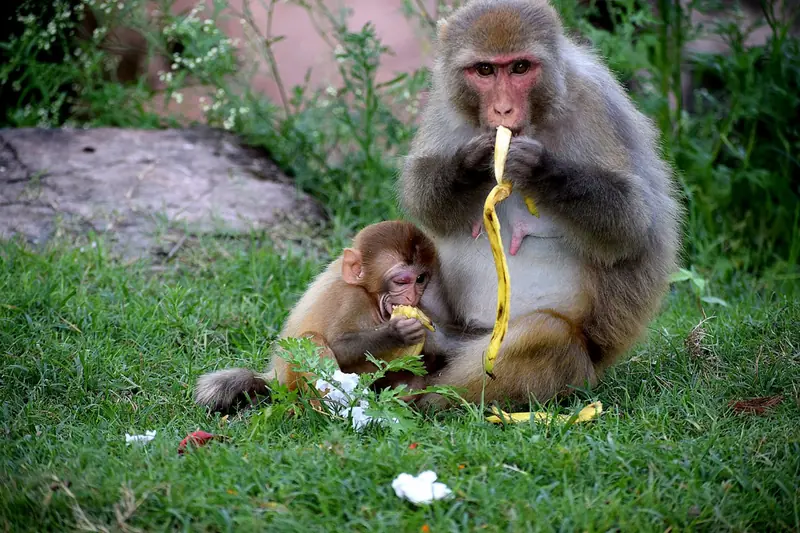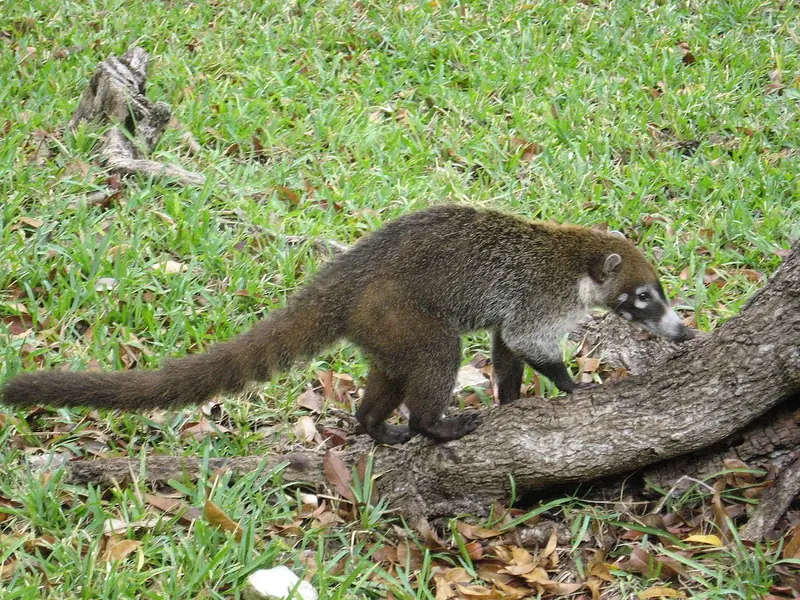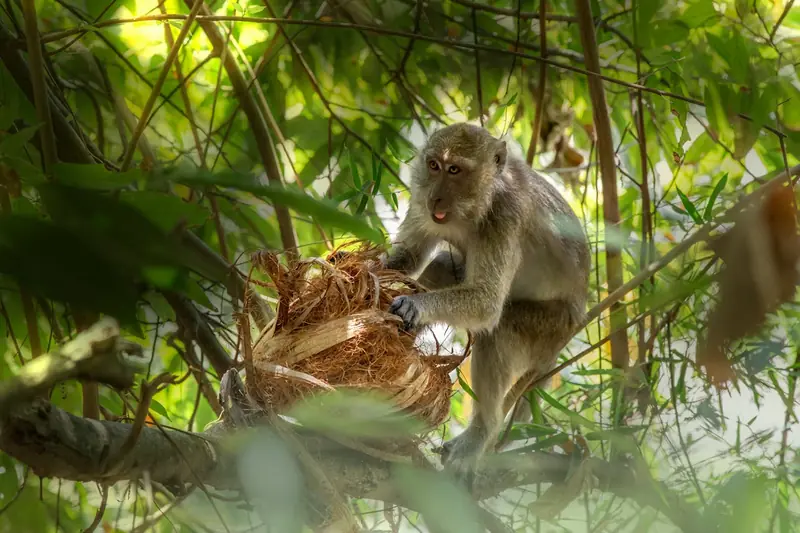It is widely believed that primates, thanks to their large brains, are smarter than most mammals. But what led to the development of such big brains? Australian researchers have dedicated a new study to this question. Their main hypothesis is based on a so-called feedback loop: smarter animals use their intelligence to find food more efficiently, which allows them to consume more calories, providing the energy their brains need for further foraging.
Researchers aimed to identify a correlation between brain size and the amount of high-energy food, such as fruits, in an animal’s diet. As scientist Ben Hirsch from James Cook University, the lead author of the study, explained, fruits present a complex puzzle for animals. Different types of fruits ripen at various times of the year and across different areas of an animal’s habitat. Those that seek a more diverse diet are more likely to develop larger brains, the scientists suggested. They hoped that species with bigger brains would be smarter and, therefore, more effective at finding food.
In their research, Ben Hirsch’s team was the first to test the brain evolution hypothesis using data from the wild. Tracking fruit lovers in Panama posed a significant challenge, as measuring foraging efficiency is quite complex, according to Science Alert. The mammals studied traveled great distances, typically over three kilometers a day, making it difficult to replicate their food-seeking behavior in a lab setting. The scientists took advantage of a natural occurrence when the intricate fruit puzzle condensed into a few species of ripe fruits over a three-month period. During this time, all fruit-eating mammals gathered the harvest, particularly from dipteryx trees (Dipteryx oleifera). These trees are enormous, reaching heights of 40 to 50 meters in some areas, and in summer, they are adorned with bright purple flowers. Thus, mapping all the purple patches using drones was not a problem for the researchers. A few months later, the trees bore fruit.
Now, the team needed to assess how effectively animals with different brain sizes visited these trees. They selected two species of primates with large brains (spider monkeys and white-faced capuchins) and two non-primates—relatives of raccoons with smaller brains (white-nosed coatis and kinkajous).

Over two fruiting seasons, the scientists collected data on the movements of more than 40 animals, resulting in over 600,000 GPS locations. They then determined when the animals visited food sources and for how long. Some of them had the unfortunate habit of napping in the trees. Fortunately, collars recorded their activity, allowing researchers to identify when any of the fruit gatherers dozed off. The team then calculated the efficiency of the routes as the amount of daily time spent in dipteryx trees divided by the distance traveled.

So, are brainy primates really smarter when it comes to foraging? If animals with larger brains use their intelligence to visit fruit trees more effectively, one would expect that primates with bigger brains would have more efficient foraging routes. However, the researchers found no such evidence. In both species of monkeys, the routes were not more efficient than those of the two non-primates. This posed a significant blow to the hypothesis regarding brain evolution based on a fruit diet. If the smarter species were indeed more cunning, they would be able to meet their nutritional needs more quickly. At the beginning of the study, the scientists thought that monkeys would navigate their routes more intelligently during the first few hours of the day after waking up hungry. But that did not happen. Their results were no better than those of the non-primates.

So, what’s the purpose of having large brains? If the evolution of brain size did not help primates plan more efficient foraging routes, why did it increase? According to the team, it may be related to memory. If species with larger brains have better episodic memory, they might be able to return to familiar trees for food. Alternatively, it could be that the brain grew to help primates better navigate the complexities of life within a social group. The results of the study were published in the journal Proceedings of the Royal Society B.
